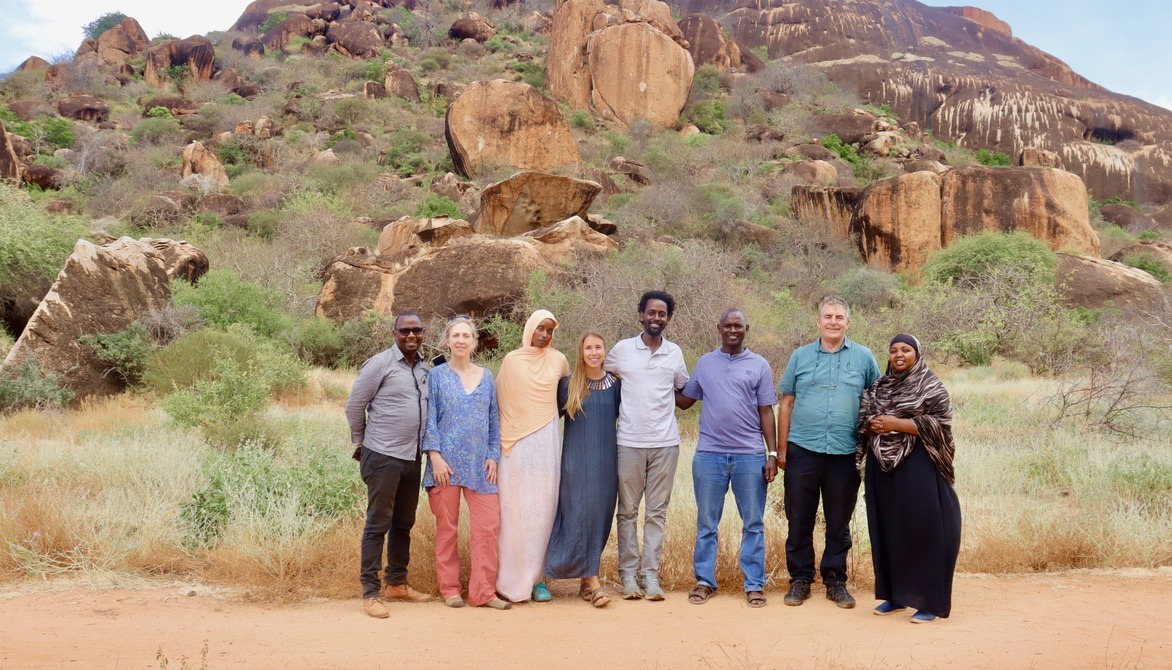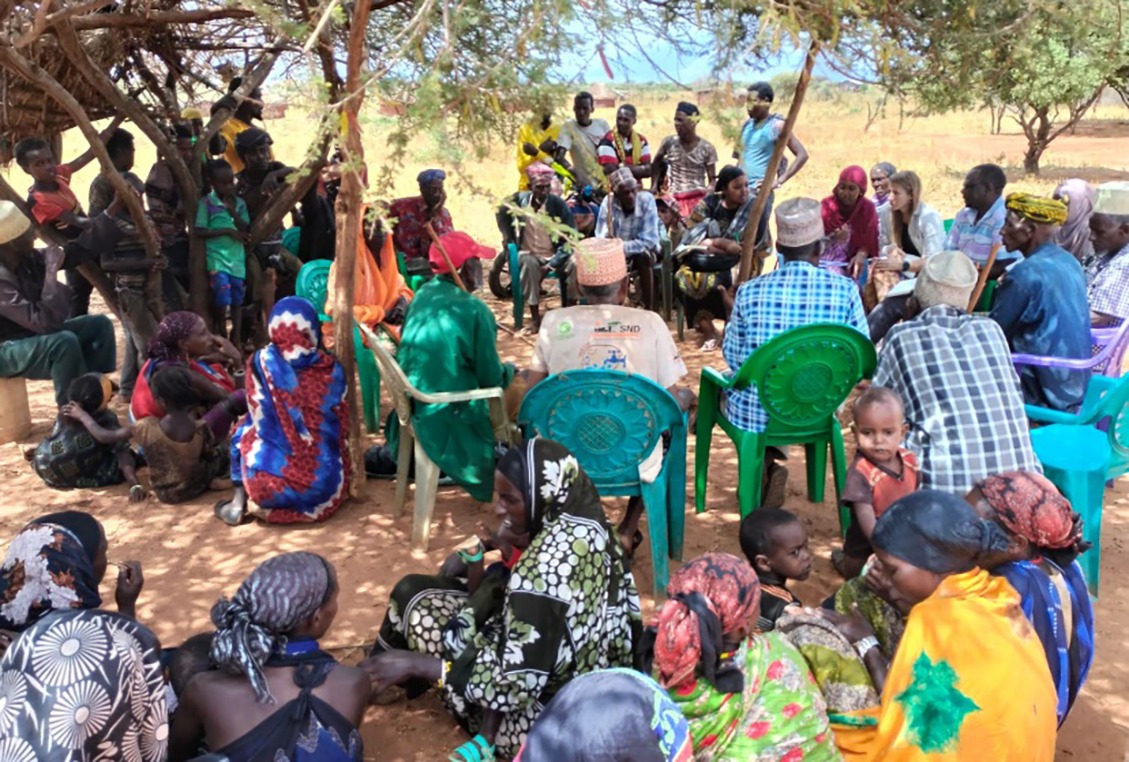

“The most enriching personal and professional experience of my life” with pastoralist communities in Northern Kenya
April 23, 2024

The Crawford Fund’s highly sought after Student Awards are one way we support and encourage the next generation of Australians into study, careers and volunteering in international agricultural research. Applications for the 2024 Student Awards are currently open!
The awards are funded by our State and Territory Committees and made possible by organisations including ACIAR, international centres, Australian and overseas universities and NGOs who host our awardees.
We would like to share the experience of Bek Ash from the University of Tasmania and a former Crawford Fund conference scholar (also currently open for applications) who reports on what she found was the ‘most enriching personal and professional experience’ of her life, researching how gender influences resilience.
Livestock grazing systems play a crucial role in global food security, providing sustenance for millions while facing increasing pressure from climate change. However, research in low- and middle-income countries, particularly in Africa, remains limited, neglecting the context-specific needs of these regions explained Bek.
“This study aimed to address this gap by examining resilience strategies and gender dynamics within pastoralist communities in Kenya’s Moyale region, with the aim of addressing the complex challenges posed by climate change and livelihood sustainability,” she said.

One-third of the global livestock population is in Africa, where livestock account for 40% of agriculture GDP and supports the livelihoods and nutrition of millions of people. Population growth, increased incomes and urbanisation will see significantly increased demands in livestock, and at the same time rangelands and drylands, typical of African livestock landscapes, are vulnerable to climate change.
The Horn of Africa is currently experiencing one of the worst droughts ever experienced with five consecutive rainfall failures. This has resulted in extreme deficits of water and forage leading to mass deaths of livestock and a food crisis affecting over 35 million people in the region. This is despite the fact that governments and non-governmental organisations have invested billions of dollars in ‘livelihoods’, ‘adaptation’ and ‘resilience’ programmes in the region over several decades. In order to effectively prepare and respond to these challenges, we must first understand resilience from a local perspective before implementation of ‘resilience’ interventions explained Bek.
“Using the Crawford Fund networks, I focused on working in an ACIAR project ‘Exploring local constructs of resilience in the face of chronic uncertainty in the drylands’ with local research organisation Centre for Research and Development in Drylands (CRDD) as part of my PhD thesis,” said Bek.
“Specifically, I focused my research in Northern Kenya and conducted extensive fieldwork, including interviews and focus group discussions,” she said.
“Additionally, I participated in a policy convening workshops to explore effective resilience-building strategies and foster collaboration among stakeholders,” she said.
“The research uncovered the remarkable resilience of pastoralist communities in the face of drought and conflict, highlighting the critical role of women in sustaining households and communities. Despite significant challenges, communities demonstrated adaptive strategies and a strong desire to maintain pastoralism as a way of life,” said Bek.
Despite the devastating impact of the drought, a system of resilience was clear within communities.
“Linking back to the roles women played during drought, a narrative has emerged that challenges traditional literature in which women are often identified as least resilient. In fact, when faced with the most significant challenges, women played the key role in ensuring the household could prosper and move forwards,” said Bek.
Another interesting observation was the clear recognition and shift around climate change and patterns amongst the communities. The historic cycles of drought have now disintegrated with more frequent, intense and prolonged occurrences. As a result, many are adapting to this change and thinking about how they will better deal with the future climate.
The findings contribute to the development of context-specific resilience strategies and underscore the importance of incorporating gender perspectives in agricultural development policies. Additionally, the project strengthened international research collaborations and provided valuable insights for Australia, particularly as it faces similar climate challenges, explained Bek.
“While a world away, this research has further strengthened networks and collaborations that are beneficial for Australia. Prior to my involvement, there were no Australians working on this project. My involvement and position have created that link to not only this specific work but a whole set of networks in this sector. More specifically, as Australia starts to face a more variable climate, there is so much to learn from the Horn of Africa who are already experiencing it at the most extreme level,” she said.
“For me personally, this has been the most enriching personal and professional experience of my life. Moving forwards, I will be using these findings to bring a context-specific approach to future work in this region able to leverage off my newly formed networks. I am motivated more than ever before to contribute to international development in agriculture,” she concluded.




 0
0